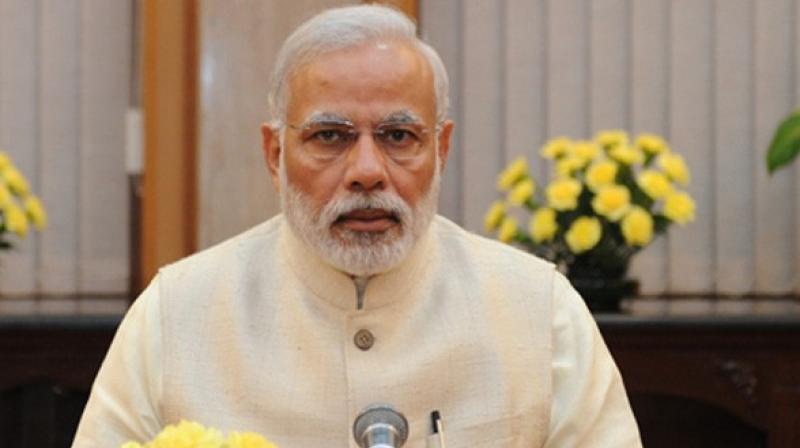Bold decisions mark Modi 2.0’s first 100 days
Staggering political success was a highlight.

New Delhi: In its first 100 days, Modi 2.0 virtually shook the nation with some dramatic and bold political decisions. The first strike was abrogation of Article 370 in Jammu & Kashmir. Article 370 was a contentious and a complex issue which his predecessors had been struggling to address for the past 60 years.
The other major political decision which rattled the Opposition was the release of the final draft of the NRC. However, the NRC issue in Assam continues to remain controversial as lakhs of “genuine” citizens have reportedly been left out.
Even before the nation and political rivals could blink, the government struck at the corruption issues by putting behind bars the heavyweights or the untouchables like former finance minister, P. Chidambaram, senior and powerful Congress leader, D.K. Shivakumar in money laundering cases.
The others in the investigative agencies net include Ratul Puri, nephew of the Madhya Pradesh Chief Minister, Kamal Nath. There have also been CBI, income tax and ED raids on several leaders from TDP, Samajwadi Party and Bahujan Samaj Party.
Before these swashbuckling adventures, the government yet again fulfilled its promise by bringing in the Triple Talaq Bill, a message to the minority community.
During the first Parliament session after the Modi government took charge of the nation for the second time, instead of chaos, the Parliament witnessed its most production session. At least 30 bills, including the anti-terror law, were passed during the Budget session of the Parliament. The anti-terror law — Unlawful Activities (Prevention) Amendment Bill — often regarded as a “cornerstone” of Prime Minister Narendra Modi’s zero tolerance against terrorism, has however been flayed by his political rivals as “draconian.”
After taking charge of the nation following an unprecedented electoral victory early this year, the Prime Minister got busy in setting up the tone of India’s foreign policy. So far, he has visited seven countries, including his most recent visit to Russia, to strengthen bilateral relations. The countries he visited so far include France, Sri Lanka, UAE, Maldives, Bhutan and Bahrain.
If the political achievements are being described as “staggering”, the government seemed to be rapidly tumbling down the hill on the economic front. A survey carried out by a TV channel indicated that 26 per cent of Indians “blame the Modi government for economic slowdown.” The GDP growth of 5 per cent in the first quarter is apparently the lowest in six years.
A desperate finance minister, Ms Nirmala Sitharaman, over the last one month, announced several steps to deal with the economic slowdown.
So far, the political achievements of Modi 2.0 have managed to overshadow the growing impact of the economic slowdown. With apprehensions that economic crisis could get worse in the near future, the government might have to take some bold steps to tackle the crisis, instead of relying entirely on nationalism, anti-Pakistan rhetoric and politics of polarisation.

